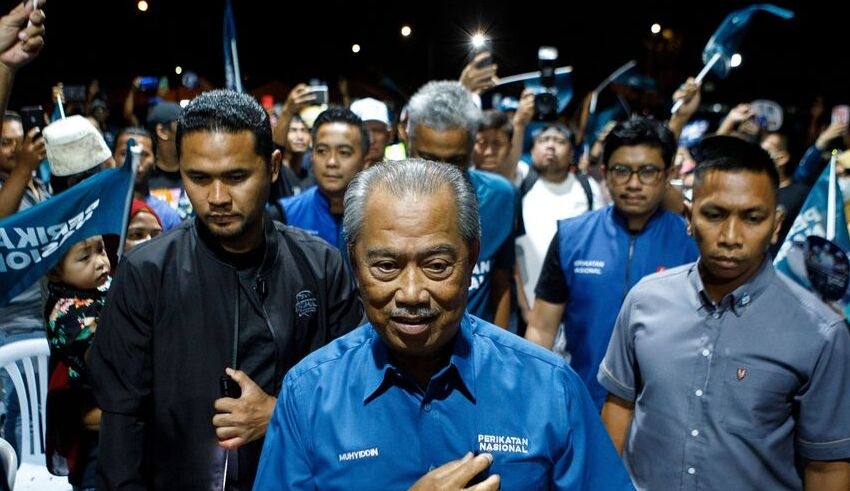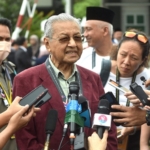
Three days after an election resulted in a hung parliament, opposition leader Anwar Ibrahim and former premier Muhyiddin Yassin attempted to break a stalemate in creating a government on Tuesday, November 22.
King Al-Sultan Abdullah has given political parties till Tuesday at 2:00 p.m. (0600 GMT) to form majority-required alliances.
The election and following unrest prolong political instability in the multicultural Southeast Asian nation, which has had three prime ministers in as many years, and pose a risk of delaying the policy decisions necessary to stimulate economic growth.
Tuesday was the second consecutive day that the Kuala Lumpur stock market declined due to the uncertainty. Significant electoral gains by an Islamist party added to investors’ apprehensions, particularly regarding gambling and alcohol legislation.
Monday, Anwar’s group began discussing a prospective cooperation with Barisan Nasional, the ruling coalition and his longtime foe.
Barisan, Malaysia’s major political party, ruled the country from independence in 1957 until 2018. Monday, Muhyiddin’s hardline Malay Muslim alliance reaffirmed that he had majority support, but did not identify his supporters.
Keep Reading
Anwar’s multiethnic alliance got 82 seats more than Muhyyiddin’s faction, which won 73. A simple majority of 112 votes is required to create a government.
Barisan won only 30 seats, its poorest electoral showing, but will play a crucial role in determining who forms the government, since both Anwar and Muhyiddin require its backing to reach 112 MPs.
If Anwar and Barisan formed an alliance, it would be another astounding turn of events in Malaysian politics: as opposition leader, Anwar has spent the most of his career attempting to unseat Barisan.
Anwar partnered with mentor-turned-rival Mahathir Mohamad to beat Barisan in the 2018 election. In contrast, their union dissolved after 22 months, and they have been at odds ever since.
In Muhyiddin’s coalition is the Islamist PAS party, which has advocated for sharia law.
Its political victories have stoked alarm in multicultural Malaysia, which is home to sizeable ethnic-Chinese and ethnic-Indian religious minorities.


























